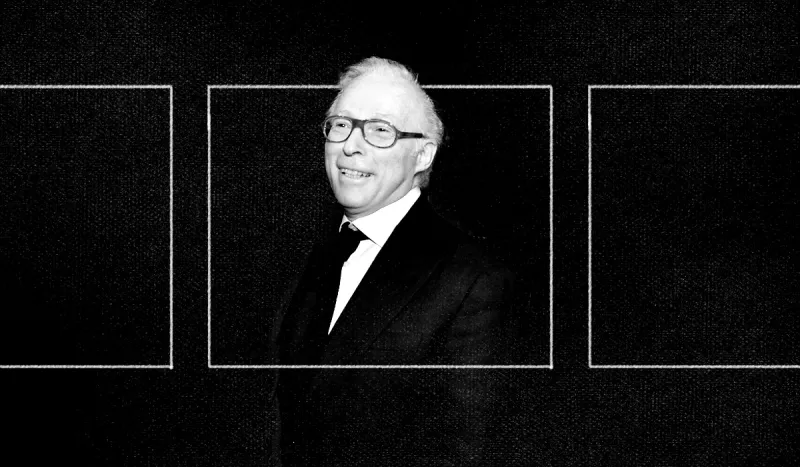Izzy Englander’s Big Payday

Illustration by II
Thanks to gains in Millennium’s flagship funds last year, the money manager makes another appearance on Institutional Investor’s Rich List.
Ronald Shear
Steven Tobias
Ken Griffin
Jack Nash
Izzy Englander

